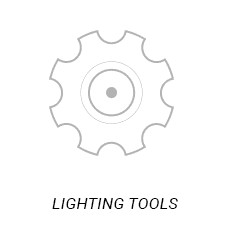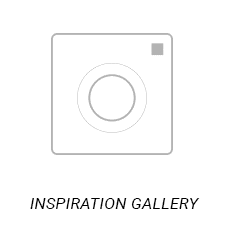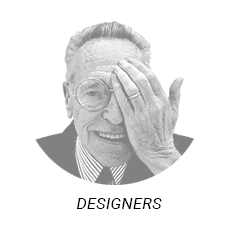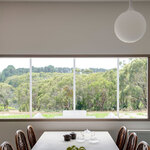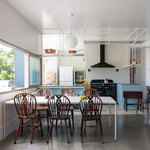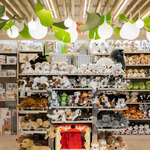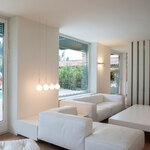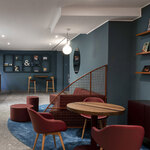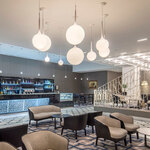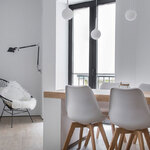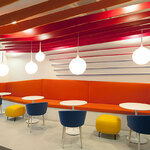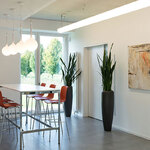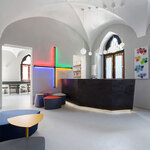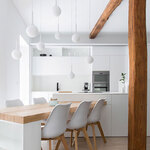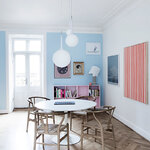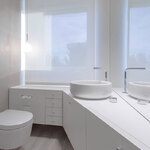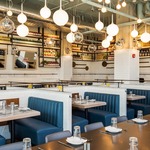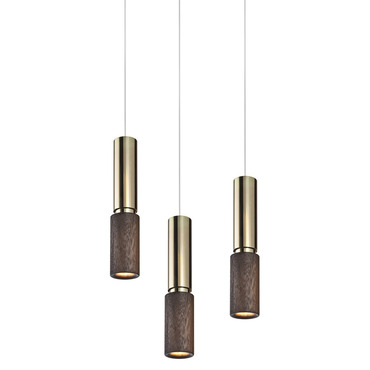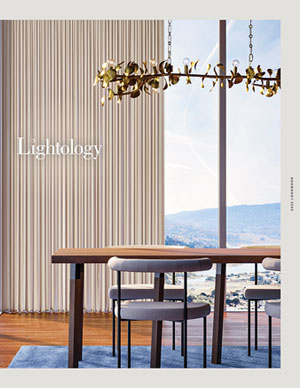Castore Pendant
By Michele De Lucchi, for Artemide
Castore Pendant
By Michele De Lucchi, For Artemide
$655.00 - $965.00
Width:
13.8”
Size:
Standard Length
- Manufacturer Stock: 14
Usually leaves warehouse in 3-5 business days
Based upon stock availability.
$750.00
+ FREE SHIPPING
SPEC #: ART36 | ID: CAS1035
Explore 3D
Castore Pendant
SPEC #: ART36
ID: CAS1035
Designed by Michele De LucchiRead Bio
The Castore Pendant series features a White hand-blown Venetian glass diffuser with an external etched finish. Diffuser support in steel tubing covered by a tapered sleeve in white translucent molded polycarbonate, allowing for partial soft diffusion of light from diffuser. Suspension cable in stainless steel. Ceiling plate in steel with canopy in white molded thermoplastic. Mounts to standard electrical junction box. Choice of standard or extended length cables.
Available Options
Specifications
- Finish: White
- Color: White
- Size: Standard Length
- Size: 98.1"L x 13.75"W
- Dimmer: Standard 120V
- Materials: Glass, Polycarbonate
- Lamp Source: LED
-
Bulb:Bulb not included
- Total Wattage: 17 watts
- Country of Origin: Italy

UL
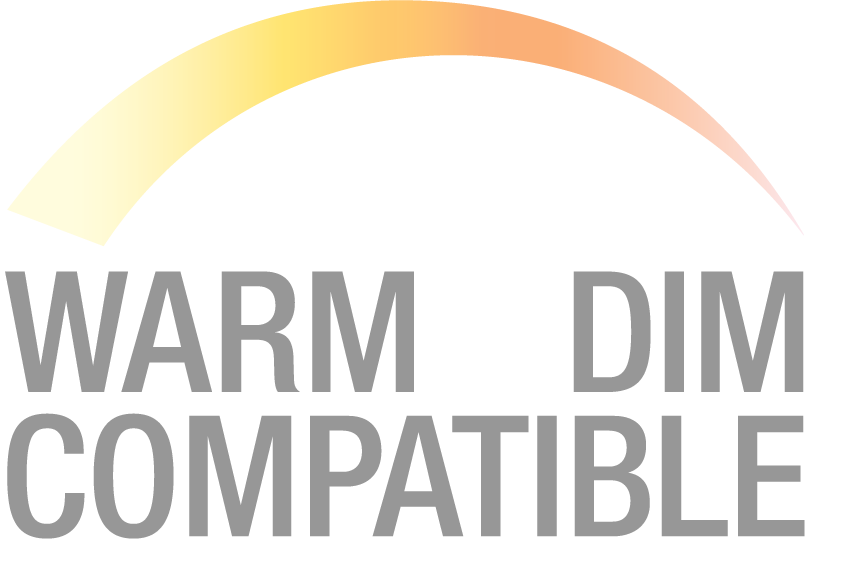
Warm Dim Compatible
Smart Home Compatible
Specification Sheet / Technical Files

About Michele De Lucchi
Michele De Lucchi started studying architecture at Padua University, switching to Florence University, where he received his diploma in 1975. For two years afterwards, he taught architecture there as an academic assistant. In 1973, Michelle De Lucchi joined forces with other designers and architects to form Cavart, a radical design group.
In 1978, Michele De Lucchi went to Milan to work for Kartell as a designer at Centrokappa, the proprietary Kartell design studio. After meeting the designer Ettore Sottsass, Michele De Lucchi joined the Studio Alchimia designers. For Studio Alchimia exhibitions, Michele De Lucchi came up with several bizarre and comical designer objects, including the 1978 "Sinerpica" table lamp, which was virtually useless as a lamp, as was "Sinvola" (1979), which looks like an outsize pincushion with a rod bearing a light bulb stuck through the middle.
In 1979, Michele De Lucchi also designed several prototype household appliances, which were shown at the Milan Triennale but never produced. From 1980, Michele De Lucchi belonged to Memphis, the designer group around Ettore Sottsass.
In 1982, Michele De Lucchi designed "Lido", a colorful sofa, and, in 1983, the "First" chair for Memphis. In the late 1980s, Michele De Lucchi again returned to good design, landing a bestseller in "Tolomeo", a clearcut, functional aluminium work lamp he co-designed with Giancarlo Fassina for Artemide in 1987.
In 1990, Michele De Lucchi found a small business of his own for making lighting that was neither complex nor had to take into consideration the demands of mass production so it could be produced by craftsmen working in the traditional manner. The Michele De Lucchi milky white lamps "Fata" and "Fatina" of handblown Murano glass date from 2001. On the side, however, Michele De Lucchi continued to work with his design studio for large companies. Since 1979, he had been a design consultant for Olivetti. In 1993, Michele De Lucchi designed branches of Deutsche Bank, in 1995 a shop system for Mandarina Duck, and, in 1997, the Deutsche Bahn travel center in Frankfurt.
Shop This Designer
Founded in the 1960s by Ernesto Gismondi, Artemide has become an iconic leader in the lighting industry. At the forefront of innovation and elegance, Artemide works with world famous designers, including Ron Rezek, Sir Norman Foster, Karim Rashid and many more to build fixtures that not only provides beautiful illumination but evokes a sense of comfort. Artemide developed and lives by a philosophy known as The Human Light, which aims to respond to the ever-changing visual desires of man while respecting the world's natural resources. From glass to metal, Artemide prides itself on using both modern and traditional materials to create innovative table lamps, chandeliers and wall lighting that meet a variety of tastes. The legendary brand has been featured in countless museums including, MoMA (New York), Victoria and Albert Musuem in London, the Galleria Nazionale d'Arte Moderna in Rome and many more. Browse our vast collection of lighting from Artemide and discover the meaning of modern.
Explore ArtemideOptions
Recently Viewed
Reviews
2 Reviews
What do you think about this product?

- Do You Recommend This Product? Yes
- Quality: Good
- Design: Functional
- Installation: Normal
- Light Output: Just Right
- Value: Good Value
This is a great light that makes a for a tastefully modern look. Simple and elegant but by no means boring.I'm thrille with the way it all turned out, and I'll be shopping with Lightology in the near future for other rooms.

- Do You Recommend This Product? Yes
- Quality: Exceptional
- Design: Functional
- Installation: Easy
- Light Output: Just Right
- Value: Good Value
We just renovated our loft for a more contemporary look. I love my new floors, furniture, etc, but these pendants MAKE the space. We bought in various sizes and created a great effect. Home sweet home!


